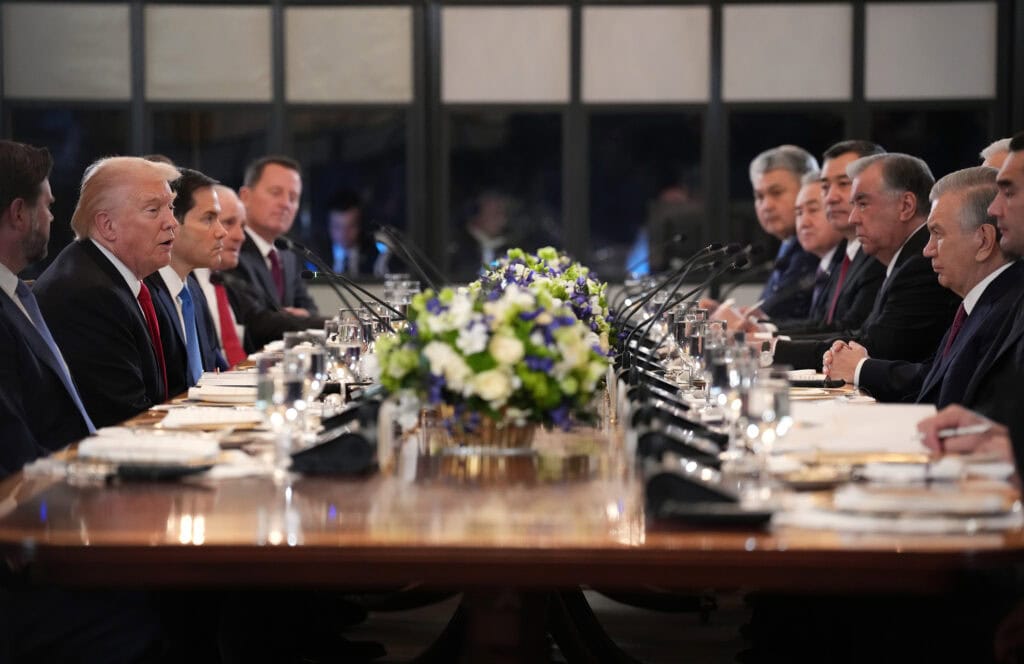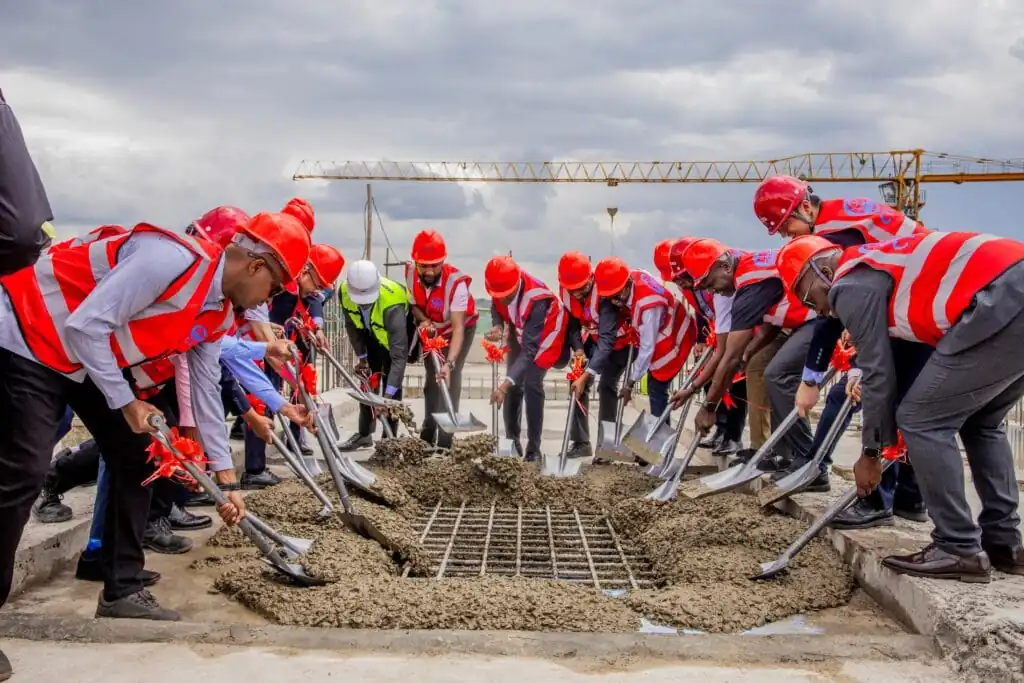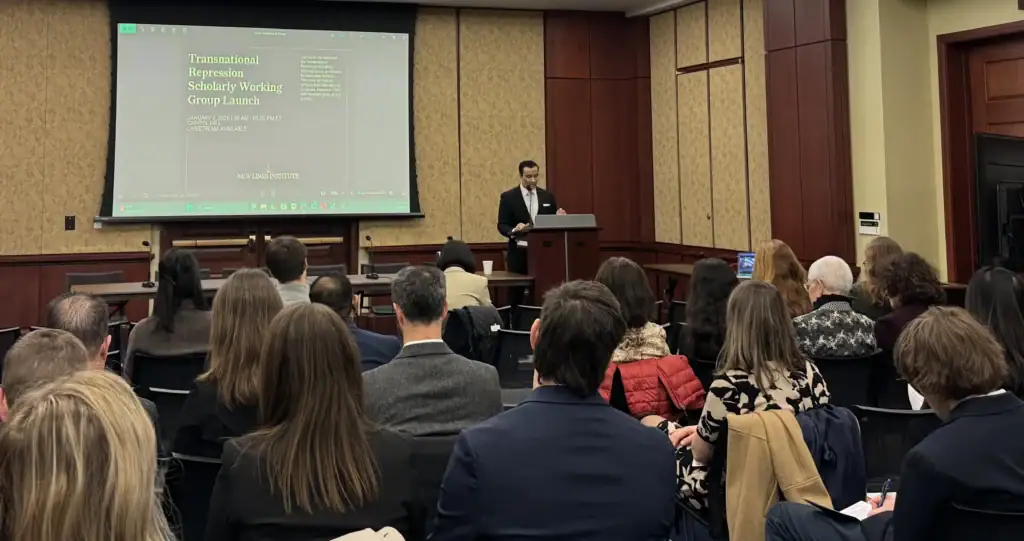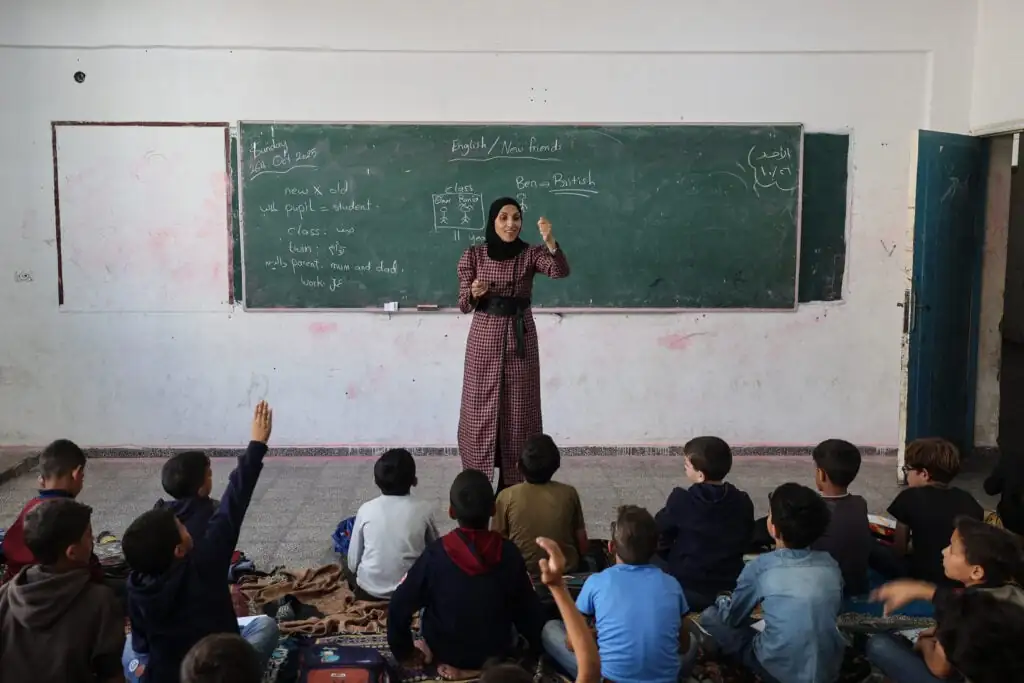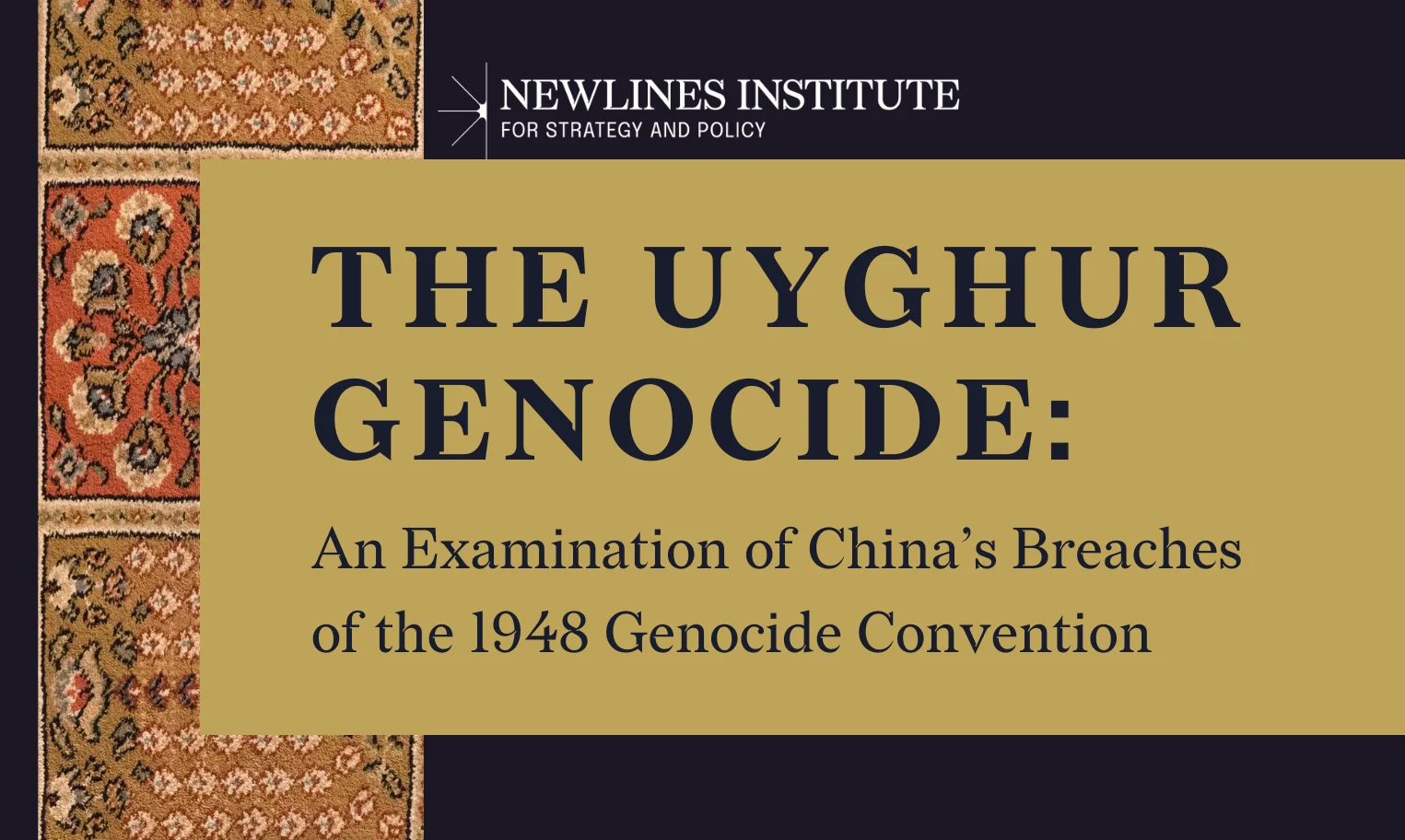
The Uyghur Genocide: An Examination of China’s Breaches of the 1948 Genocide Convention
This report is the first independent expert application of the 1948 Genocide Convention to the ongoing treatment of the Uyghurs in China. It was undertaken by the Newlines Institute for Strategy and Policy, in cooperation with the Raoul Wallenberg Centre for Human Rights, in response to emerging accounts of serious and systematic atrocities in Xinjiang province, particularly directed against the Uyghurs, an ethnic minority, to ascertain whether the People’s Republic of China is in breach of the Genocide Convention under international law.
For this purpose, dozens of experts in international law, genocide studies, Chinese ethnic policies, and the region were invited to examine pro bono all available evidence that could be collected and verified from public Chinese State communications, leaked Chinese State communications, eyewitness testimony, and open-source research methods such as public satellite-image analysis, analysis of information circulating on the Chinese internet, and any other available source.
The resulting report is a presentation of the facts that could be established together with careful analysis of whether China bears State responsibility for breaches of the Genocide Convention. We believe the conclusions are clear and convincing. We do not make any recommendations for action, but we do stand prepared to share our information and analysis with relevant institutions or actors interested in these findings.
Executive Summary available in:
The views expressed in this article are those of the author and not an official policy or position of New Lines Institute.

